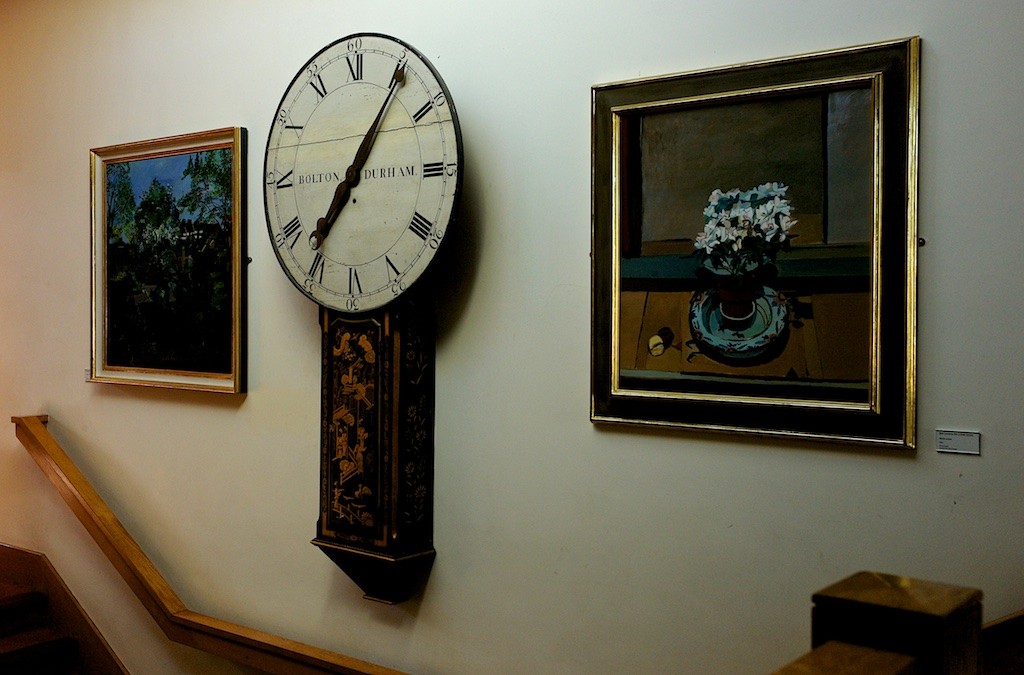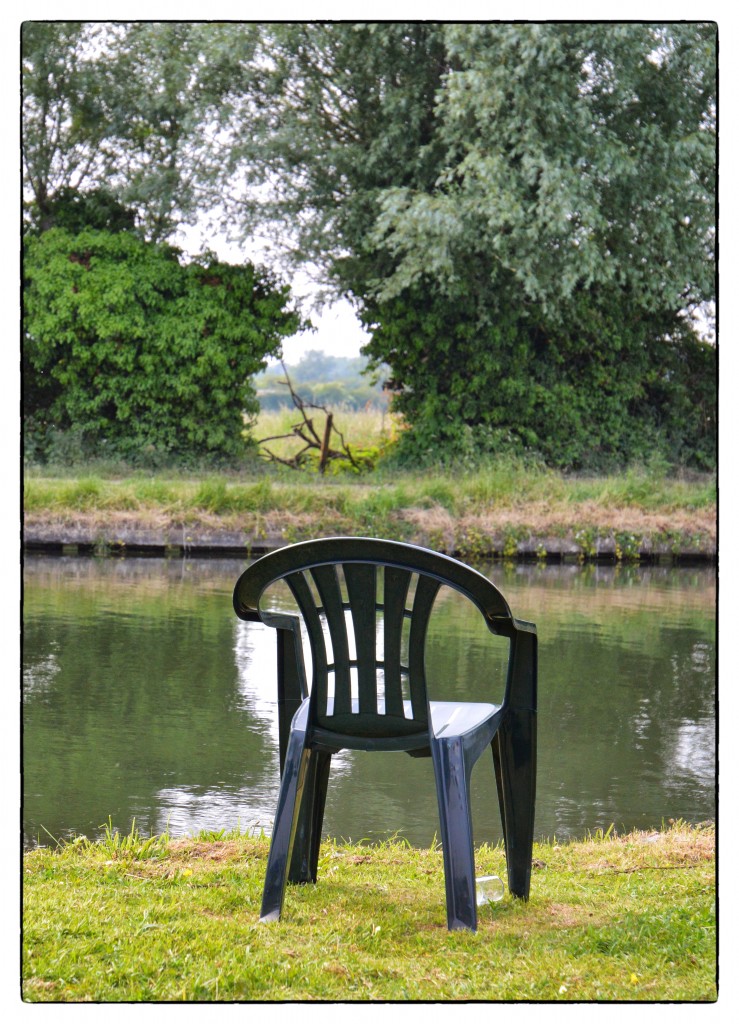“HEADLESS BODY IN TOPLESS BAR”…
… was the timeless tabloid headline devised by Vinnie Musetto, a former editor at the New York Post, who recently passed away and was accorded respectful obituaries in various newspapers. It ranks with “Small Earthquake in Chile. Not many dead”, which Claud Cockburn claims once won a competition at the London Times for the most boring headline.
Writing in the New Yorker, John Cassidy sees a new role for the late Mr Musetto as “the Godfather of Clickbait”. He’s right.
“ISIS Is Winning the Social Media War”
… is the headline on a NYT story. Well, of course it is, given what we now know as a result of a leaked State Department memo which gives a frank assessment of the fiasco so far.
WASHINGTON — An internal State Department assessment paints a dismal picture of the efforts by the Obama administration and its foreign allies to combat the Islamic State’s message machine, portraying a fractured coalition that cannot get its own message straight.
The assessment comes months after the State Department signaled that it was planning to energize its social media campaign against the militant group. It concludes, however, that the Islamic State’s violent narrative — promulgated through thousands of messages each day — has effectively “trumped” the efforts of some of the world’s richest and most technologically advanced nations.
It also casts an unflattering light on internal discussions between American officials and some of their closest allies in the military campaign against the militants. A “messaging working group” of officials from the United States, Britain and the United Arab Emirates, the memo says, “has not really come together.”
“The U.A.E. is reticent, the Brits are overeager, and the working group structure is confusing,” the memo says. “When we convened meetings with our counterparts, I am certain we all heard about various initiatives for the first time.”
So what’s a cryptocurrency, then?
This is the best, most succinct, answer to this question that I’ve some across so far. It’s by the Stanford economist, Susan Athey, and it goes like this:
At its core, the new technology that’s been invented in the last few years is a way to maintain a ledger or spreadsheet that keeps track of who has what. So if there’s an entry in that spreadsheet that says a certain address has 10 bitcoins and you know that address and the password, you can authorize a new entry on the spreadsheet that moves that digital currency to someone else. So Bitcoin is just a big spreadsheet that keeps track of who owns what, and what’s really innovative about it is that, first, it is secure. It uses decentralized maintenance of that spreadsheet, so there are copies all over the world. There’s not just one computer that can be hacked.
Second, the fact that it’s purely electronic means that if the spreadsheet says I have some bitcoins, and I have the key for those bitcoins, I can authorize a movement to someone else simply by entering my security code, which then immediately makes another entry on the spreadsheet and allows someone else to control this thing of value without any banks or companies or other types of middlemen. With just a password, I can almost instantly transfer something of value to someone else, purely digitally and without any promises from companies to honor it. It’s a piece of open-source software.
So digital currencies are a technological innovation for moving value digitally and securely and quickly, just like the internet was a fundamental technology for moving information somewhat securely and quickly.
That’s it. Lovely stuff.
New models of journalism?
We’ve been having conversations on my Press Fellowship programme about what journalism should be like in a digital era. In thinking about different models, I remembered some of the astonishing stuff done by John Oliver in his TV show — for example his terrific exposé of the NCAA — and this programme about Edward Snowden and surveillance.
Most print journalists would probably not regard Oliver as a journalist, for a variety of reasons but mainly because he appears to mix fact and opinion so readily and powerfully. Well, he does mix them, but on the other hand he really makes people think. Witness the impact that his programme about Net Neutrality had. We don’t know how many of the four million public submissions received by the FCC were directly attributable to Oliver’s show, but I’m willing to bet that a lot of them were. And in the end the FCC bowed to that public pressure.
Professorial chair?
By the Cam during the Bumps today.
Straight up
Ignore the hideous music, and watch the near-vertical takeoff. And then ask yourself if RyanAir will buy some.
Quote of the Day
Uber, Lyft, Instacart and other ‘sharing economy’ startups aren’t just remarkably efficient marketplaces, they’re remarkably efficient machines for producing near minimum-wage jobs.
Christopher Mims, Wall Street Journal, May 24, 2015.
The industrial fallout from NSA surveillance
NSA surveillance is going to cost the U.S. tech sector a lot more than originally thought.
The Information Technology and Innovation Foundation (ITIF), a Washington, D.C. -based think tank that advocates for policies that nurture technology innovation, has released a new report in which it raises its previous estimate of how much surveillance by the U.S. intelligence community could cost U.S. tech companies.
In 2013, the non-partisan group estimated that the NSA-related revelations stemming from Edward Snowden’s 2013 leak would scare away foreign customers in the cloud computer sector to the tune of as much as $35 billion in business. The new report says that figure is too low, and that the economic reverberations will “likely far exceed” that initial $35 billion estimate, although the report wasn’t more specific on a final figure.
Remembering Charles Kennedy
Very nice, generous tribute in the Economist:
Bad times for his party, the union, Britain’s place in Europe: Mr Kennedy’s death speaks to all these. Yet for the many who mourn him, it is above all dreadfully sad, because he was delightful, and in fact this was the main reason for his success. He was, extraordinarily in politics, without malice. He was never, despite his remarkable precociousness, pompous. His jokes, which were frequent, were usually aimed at himself, the institution he served, or both.
Narrating a television documentary on the House of Commons last year, he glanced up, on camera, at a mosaic of St Andrew that towers over Central Lobby. The patron saint of Scots, he quipped, had been positioned to signal the way to the bar. Though he was a political insider—an MP at 23, for goodness sake—Mr Kennedy’s plain good humour always suggested he had a foot in that ruder soil, the real world, which matters most. And that, O politicians, is why he was loved.
Amen.


